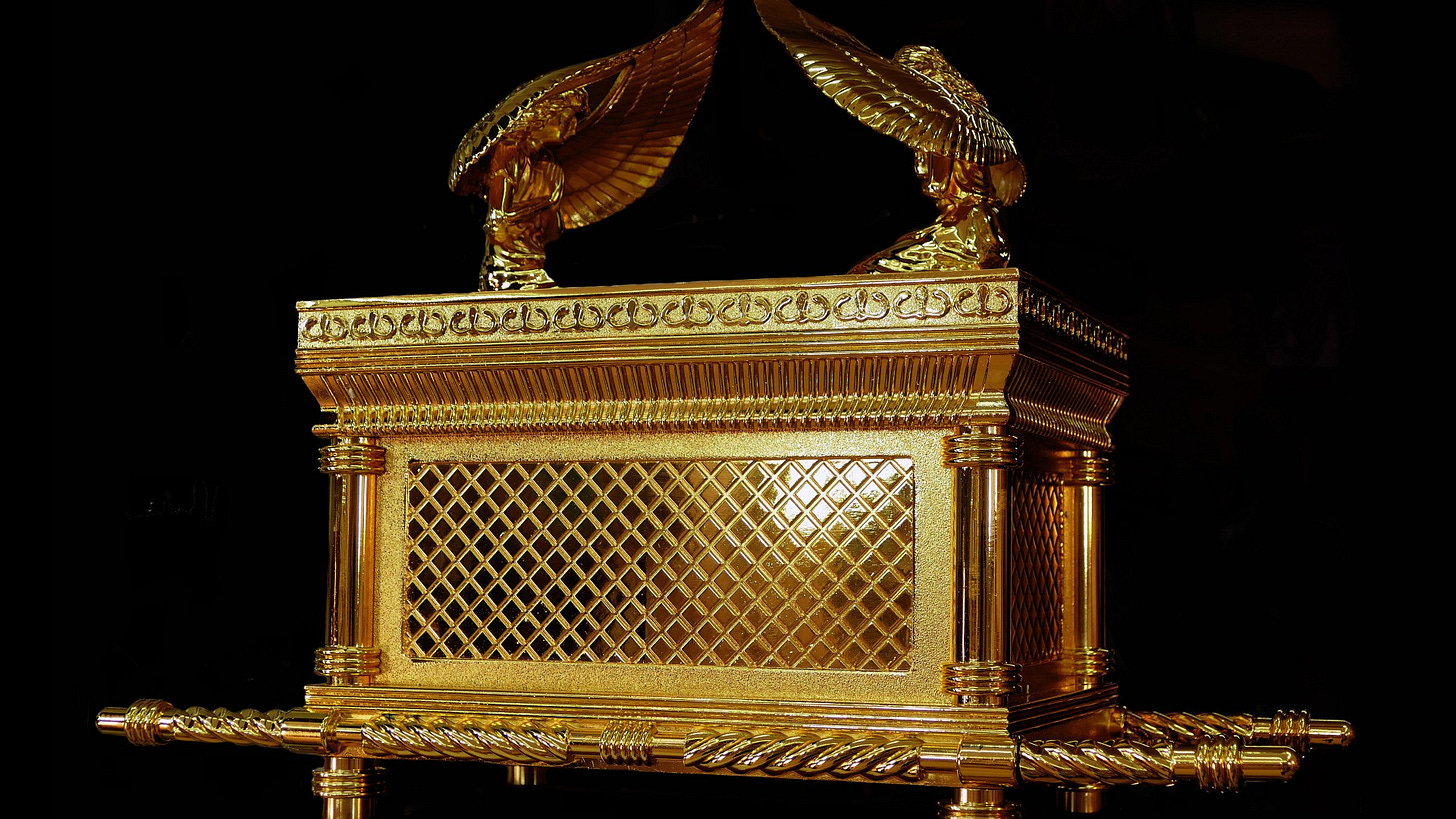God As Proto-Indo-European
Dyeus Pater and Dyeus Mater, two halves of God in P.I.E. Thought (Article)
The joining of Dyeus Pater and Dyeus Mater can be considered God in a Proto-Indo-European sense. This reconstruction is based on the following: Dyaus Pitar(or Pitr) means Sky Father or Sky Daddy, and is a god venerated by Vedic people as evidenced in The Rig Veda, and Dyaus(Sky) has been expressed Dyeus in P.I.E.. Zeus and Deus are both cognate with Dyaus. Pater is father in Latin, the term Dyeus Mater means Sky Mother or Sky Mommy in P.I.E.. The Rig Veda refers to a Prthvi Mata or Prithvi Matr(Matir), which is Earth Mother, however the P.I.E. reconstruction of God refers back to the pairing of Zeus with Hera, and Hera is a Sky Mother according to the Orphic Hymns, where her power is compared to the wind and the clouds, with Zeus being thunder and lightning, however if Hera is Yin, to Zeus’s Yang, and if in every Yin there is a bit of Yang, then she would also have the same powers of thunder and lightning as Zeus, and vice a versa, with Zeus being the wind and the clouds as well. This P.I.E. reconstruction of God triangulates The Vedic and The Hellenic.
Hera is pronounced with an E that imitates the sound of E in hero, i.e. hihrah, because the word Hera is the female form of the word Hero, indicating her role as a protector or protectress who urges Zeus towards Justice, thus a belief in God is a belief in Justice, the investing of energy into the sense that we live in a righteous universe. The word God however is cognate with an Old Norse word: gjota, meaning to pour, indicating God’s role in receiving offerings of thanks and praise, as well as libations, etc. The word gjota is also cognate with get, to receive. This relates to both the Latin concept of DU UT DES(I give so you give) and the Germanic concept of GIFT FOR GIFT, both of these indicating the value of reciprocity, as also expressed in a Chinese proverb: “always return a favor.” God and the gods being cognate with “get” hearken to a Sumerian idea that Human was created to feed the gods, to breathe life into them through attention and praise, as well as symbolic tokens such as libations etc, but in return the gods sustain human by blessings, for which gratitute is in order.
The Gift Cycle in Hellenic Thought is called ‘kharis,’ which relates to words such as gratia and charity. There are three goddesses called The Three Charities from The Hellenic World. They are Euphrosyne meaning pleasure, Aglae meaning gleaming, and Thalia meaning abundance. Hellenic Paganism is both European and Asian, much of it having been developed in Asia Minor, what is now known as Turkiye. P.I.E. Religion is the same with the idea in it ranging from India through Persia, into Turkey and Greece and into the Germanic and Celtic worlds. Taranis, The Sky God of The Celts, holds the wheel of the solar chariot, and their goddess Brigando has been compared to Minerva and Athena, who may relate to The Vedic Ushas, Dawn Goddess.




